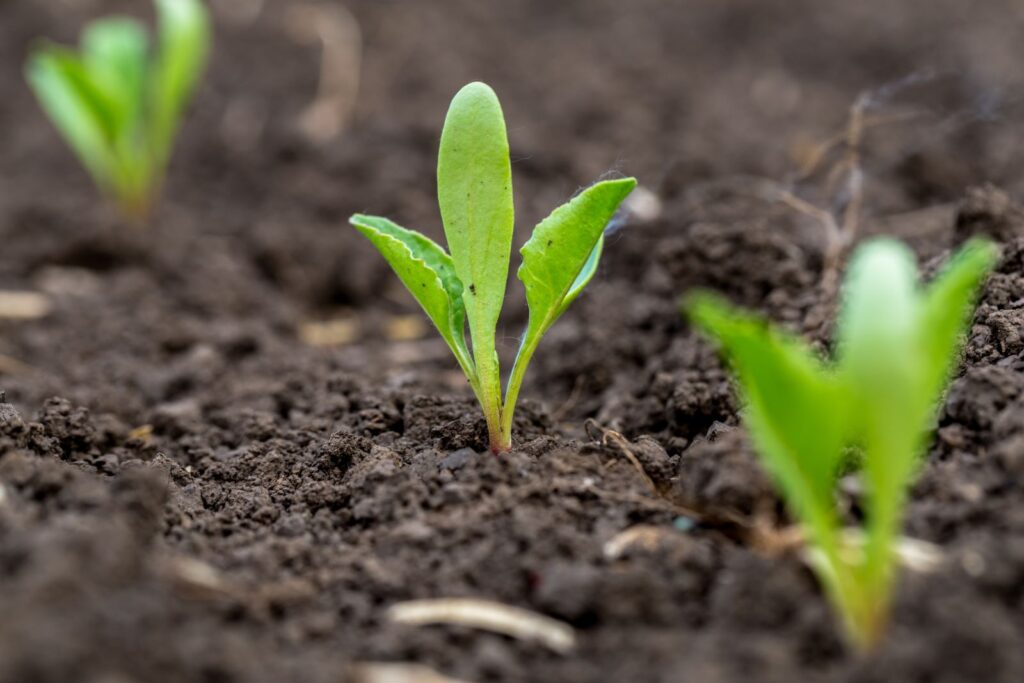Sugar beet growers urged to keep aphid numbers in check
19th May 2023
Following reports of peach-potato aphids caught in traps across the sugar beet growing area, farmers are being advised to monitor aphid numbers closely and treat non-Cruiser protected crops with a foliar insecticide as soon as thresholds are met.
The British Beet Research Organisation (BBRO) has laid out yellow water traps at its 12 trial sites and is monitoring aphids and beneficial insects at a further 34 locations across the sugar beet growing area.
The organisation’s head of science Dr Mark Stevens says winged aphids are appearing at all trials sites and numbers of wingless aphids which transmit yield-damaging beet poleroviruses are on the rise.
While crops drilled with Cruiser SB (thiamethoxam) should be protected from wingless aphid activity during that time, he warns sugar beat that doesn’t have that protection will be under pressure over the next few weeks as temperatures rise and aphid numbers continue to build.
According to Dr Stevens, aphid pressure is a particular concern this spring because much of the crop is behind where it should be at this time of year. This increases the risk of yield penalty at harvest, which is greatest when the crop is infected early in its development.
To minimise the risk of yield penalties, he recommends treating non-Cruiser crops with a foliar insecticide as soon as the spray threshold of 1 green wingless aphid per 4 plants up to 12 true leaves is met. However, he added it can be difficult to decide which product to use first.
“As BBRO monitoring suggests beneficial insect numbers are generally low, it is potentially better to go with InSyst (acetamiprid) first for rapid knockdown of aphids in small, vulnerable crops,” he says.
Growers can then follow up with Teppeki (flonicamid) if aphid numbers breach the threshold again. This will provide a period of systemic protection against aphids without extensive damage to beneficials, allowing then to assist with pest control for the rest of the growing season.
BBRO has also applied for access to a third insecticide active substance, spirotetramat, and hopes to obtain emergency authorisation in time for use in June.

